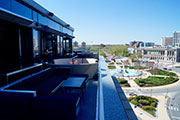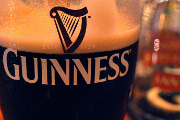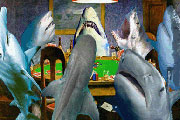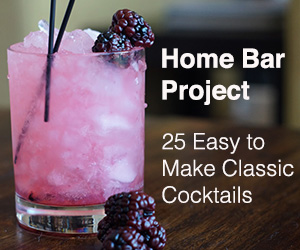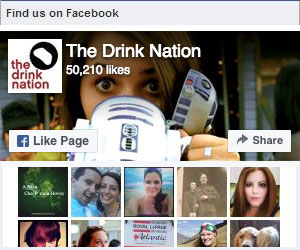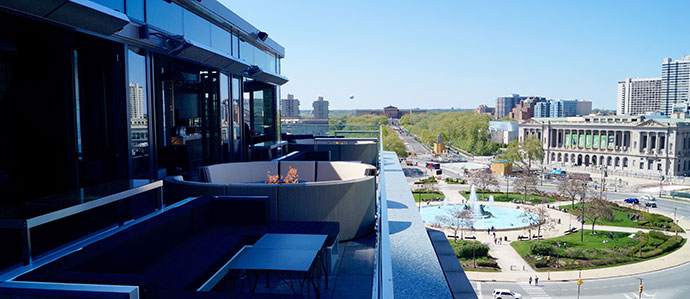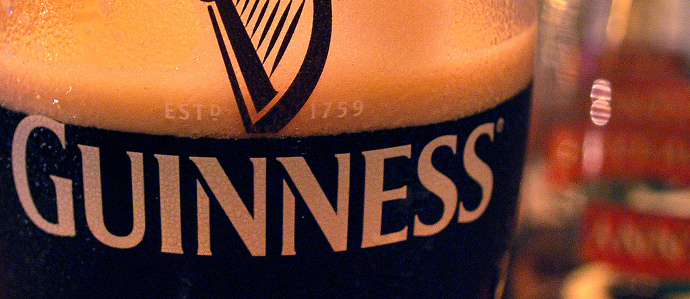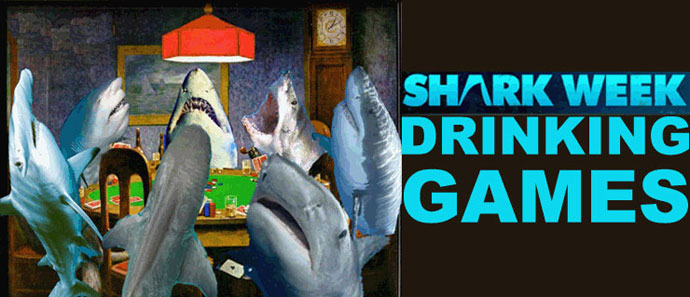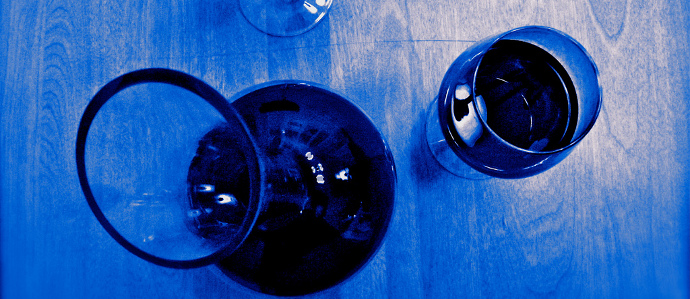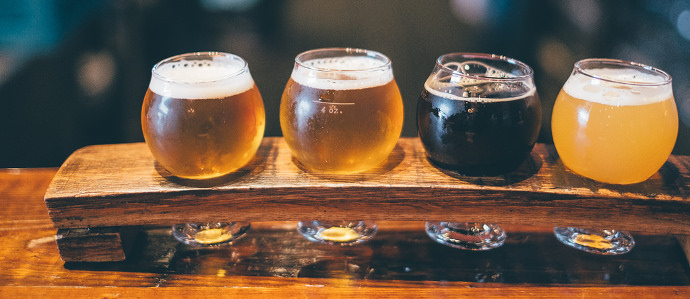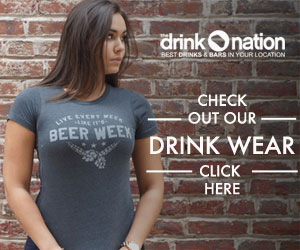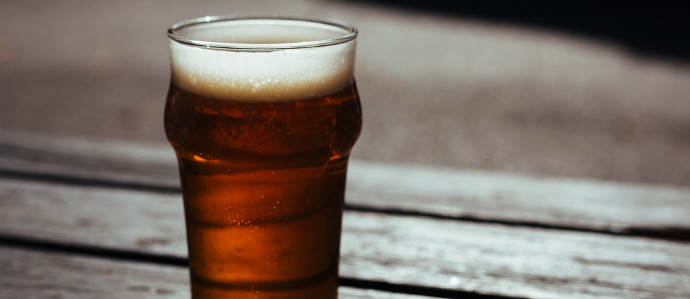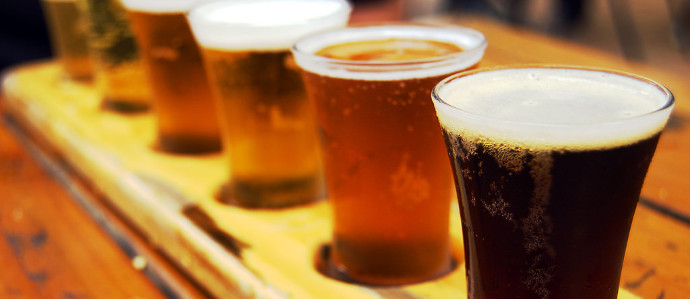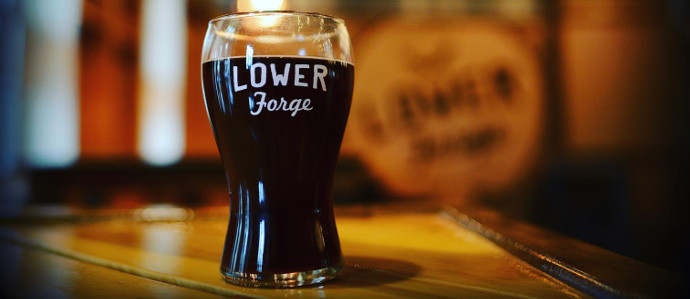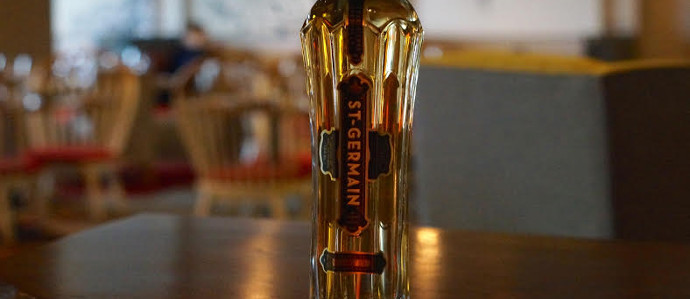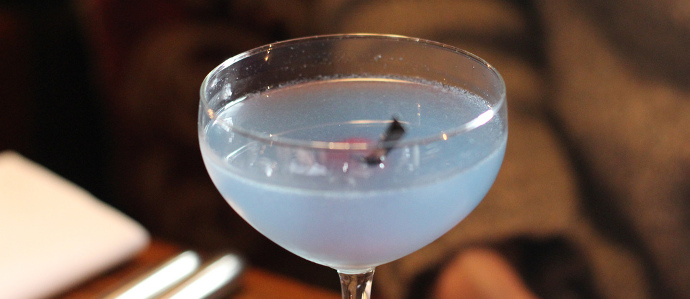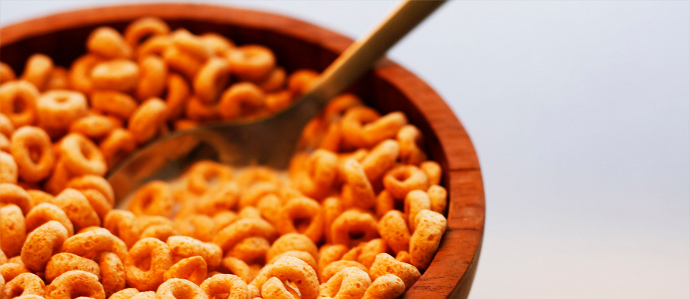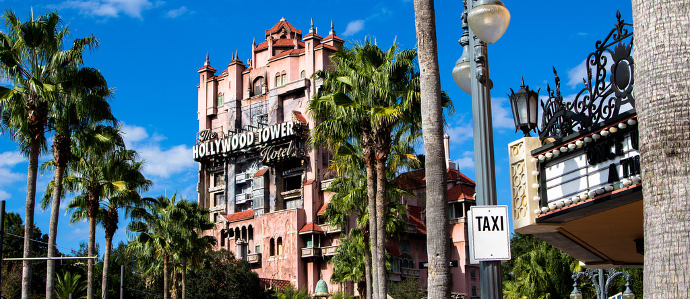What'll You Have, Mr. President? A Look at Drinks in Politics
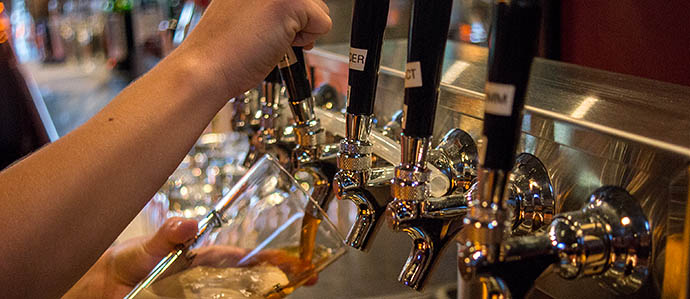
Election season has reached its fever pitch and the candidates could probably use a drink to take the edge off. So what are they reaching for at the bar and what do their drinks say about them? In August, President Barack Obama revealed that he travels with homebrewed beer on his campaign bus, but Republican challenger Mitt Romney doesn’t drink, so asking voters which candidate they’d rather share a beer with — the famous question from the 2000 election between George W. Bush and Al Gore — is rather pointless.
This wasn’t always the case with past campaigns. Drinking is a symbol of camaraderie and friendship, as well as an indication of social status, and a candidate’s choice can send a powerful message. Whiskey is high-octane and somewhat aggressive. It’s fine for behind the scenes — Harry Truman took his bourbon with a splash of ginger ale — but it’s a little bold for the campaign trail. Wine can be seen as pretentious, even when it comes from a box or was purchased at a gas station.
So what drink has the common touch?
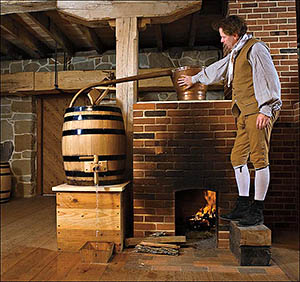 Pre Civil War: Cider
Pre Civil War: Cider
During America’s early years, Cider was the safest bet. Made from an abundant supply of homegrown apples, cider was a patriotic workingman’s drink. John Adams made no secret that he drank a full glass of cider every day.
In 1840, William Henry Harrison ran for president as a “man of the people” using a barrel of cider as his campaign symbol. He won in a landslide over Martin Van Buren, whom Harrison hinted was a wimp because he drank wine (although it’s hard to imagine how somebody with such impressive sideburns could be a wimp).
Lyndon Johnson, The Kennedys and French Wine
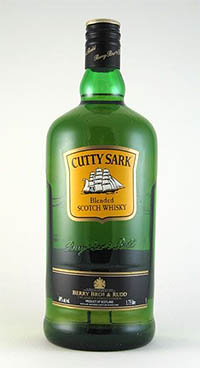 The snooty politics of wine continues, even though quality wine in the U.S. is more affordable than ever, and now comes in boxes that appeal both to Americans’ sense of value and their love of tailgating. French wines were common at White House functions until Lyndon Johnson became President and banned them in his home and in every embassy.
The snooty politics of wine continues, even though quality wine in the U.S. is more affordable than ever, and now comes in boxes that appeal both to Americans’ sense of value and their love of tailgating. French wines were common at White House functions until Lyndon Johnson became President and banned them in his home and in every embassy.
So what did LBJ drink instead? Joseph Califano, LBJ’s special assistant, once recalled riding with Johnson around the President’s Texas ranch followed by a station wagon full of Secret Service agents. “The President drank Cutty Sark scotch and soda out of a large white plastic foam cup.”
Califano continued that, when Johnson wanted more, he “Would slow down and hold his left arm outside the car, shaking the cup and ice. A Secret Service agent would run up to the car, take the cup, and go back to the station wagon.”
One can imagine the Kennedyites in Johnson’s administration watching in horror. The President’s rejection of French wine was probably in part an act of rebellion against the worldly sophistication of a Kennedy administration that had marginalized him as a country bumpkin when he served as Vice President. The French wines that Jacqueline Onassis’ carefully chose for state functions represented a different social milieu, and Johnson fought back accordingly by drinking cheap Cutty Sark from a foam cup.
Obama and Hillary
The wine issue reared its ugly head again in 2008 during the Democratic primary between Senators Obama and Hillary Clinton. During one interview, Obama said he enjoyed drinking the occasional glass of red wine and was immediately criticized by his political opponents for being elitist.
Obama quickly learned his lesson and picked up a beer. Drinking wine was not going to win him votes in NASCAR country, where beer brands that misspell the word “light” are usually more popular than a delicate pinot noir.
The primary campaign between Obama and Clinton was also a contest to see who could appear more folksy, and that was accomplished mainly by staging photo ops drinking beers in bowling alleys. Clinton even took one of hers with a shot of whiskey, hesitating briefly at the bartender’s offer, probably considering the message it would send. She downed it anyway, accepting the risk that voters might mistake her for a member of the band Skid Row.
Bush v. Gore
During the 2000 Presidential campaign between George W. Bush and Al Gore, people were asked which candidate they most wanted to share a beer. Note that the question was about which candidate you’d most like to share a beer, not which candidate you’d most like to join sipping a 1981 Mouton Rothschild. However, just as that question is pointless in the current election, it was pointless then as well, with voters choosing Bush, who didn’t drink.
Obama Beer Summit
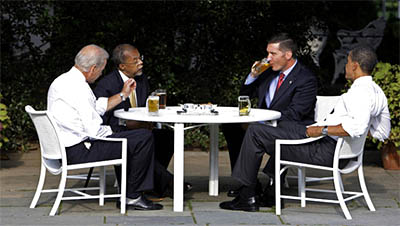 Fast forward to the “Beer Summit” of 2009, roughly a year into Obama’s presidency. The summit was called after Harvard professor Henry Louis Gates, an African American, was arrested while trying to break into his own home when he couldn’t find the key. The issue erupted into a national debate over race, prompting a discussion in the White House Rose Garden between the President, Vice President Joe Biden, Gates and James Crowley, the police officer who arrested Gates. Which beers did the men choose? Biden, a non-drinker, chose Buckler, a non-alcoholic beer; Gates had a Sam Adams Light; Crowley drank a Blue Moon; and Obama had a Bud Light.
Fast forward to the “Beer Summit” of 2009, roughly a year into Obama’s presidency. The summit was called after Harvard professor Henry Louis Gates, an African American, was arrested while trying to break into his own home when he couldn’t find the key. The issue erupted into a national debate over race, prompting a discussion in the White House Rose Garden between the President, Vice President Joe Biden, Gates and James Crowley, the police officer who arrested Gates. Which beers did the men choose? Biden, a non-drinker, chose Buckler, a non-alcoholic beer; Gates had a Sam Adams Light; Crowley drank a Blue Moon; and Obama had a Bud Light.
Craft Beer on the Rise
Bud Light is a far cry from homebrew, so what does this choice mean? Bud Light is the best-selling beer in America, so it’s obvious why a president would choose that. But homebrew? Shortly after Obama announced his love of brewing, beer geeks clamored for his recipes, with one going so far as to submit a Freedom of Information Act request. The White House responded by releasing recipes for an ale and a porter using honey from the White House’s beehive. One beer sommelier-turned-pundit was quoted in Bloomberg saying that these relatively sweet beers appeal widely to the general palate — a smart campaign move.




